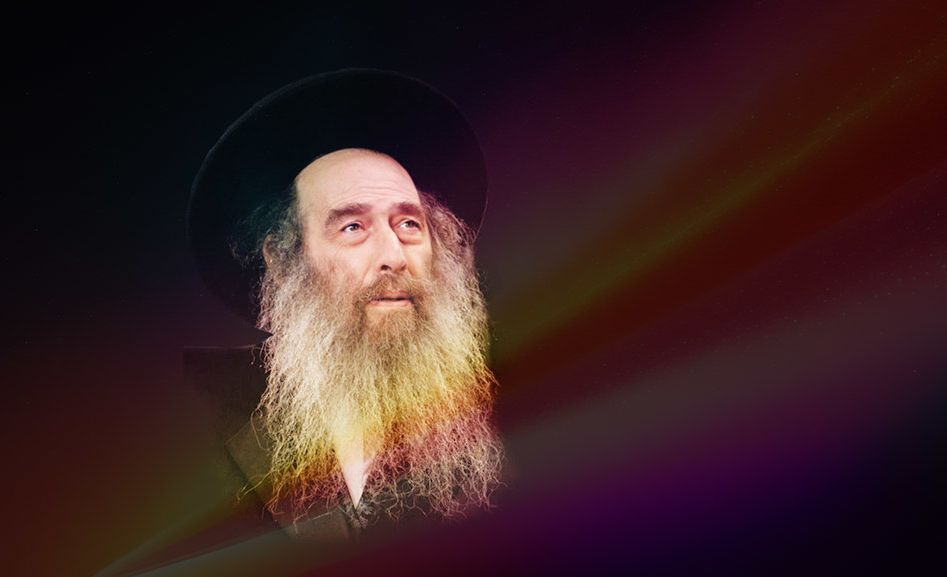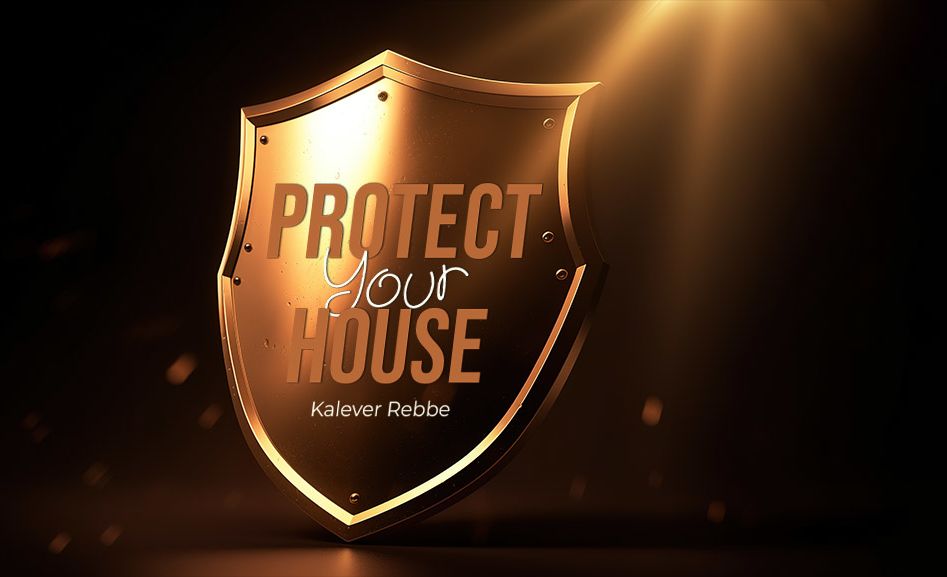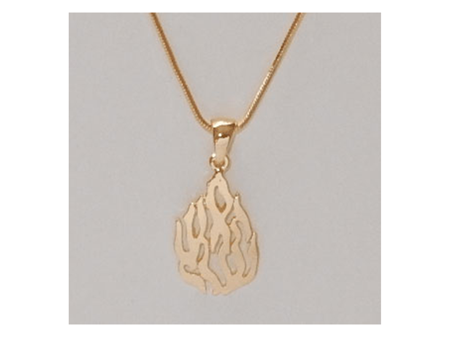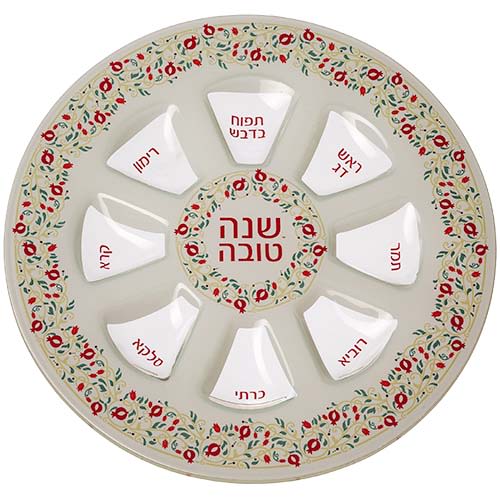
Reverse Inheritance
Both the living and the dead are judged on Rosh Hashanah. When our deceased loved ones inherit, we pass merits on to the them in the Next World…

When your parents insult you for becoming religious the instinct is to get angry at them. That’s followed by an instinct to get angry at yourself for being angry at people you have loved all your life. How do you reconcile? How do you not let family and friends get in the way of your spiritual journey?
You remember that it’s for their benefit.
We learn in a Zohar that every year, both the living and the dead are judged on Rosh Hashanah.
The living ones are judged for what they do in this world; the dead are judged by what their children, grandchildren, and great grandchildren do in this world. Just as there is a nice studio apartment in Manhattan, a condo in Forest Hills, and a mansion in the Hamptons, the levels of joy in the Next World have many dimensions.
You can work extra hard, get a raise and a promotion, and then move from the studio to the condo. The same applies in the Next World. If your descendants perform more commandments and do more good deeds, it goes to your account in the Next World, and the account of your parents or their parents who passed away. Come Rosh Hashanah, these mitzvot you did are weighed to determine where they will be in the coming year.
While your parents may lament that your decision to guard Shabbat cost you a chance to earn enough for a larger house, you may have just “bought” their grandparents a mansion.
It’s reverse inheritance. When we inherit, it means a loved one passed from this world and left us what he  or she accumulated in it. When they inherit, it means we pass on to the Next World the merit of a mitzvah that we accumulate for their spiritual account.
or she accumulated in it. When they inherit, it means we pass on to the Next World the merit of a mitzvah that we accumulate for their spiritual account.
When we repent, we are doing great things for the people who mean the most to us, even if they don’t see it.
There are other blessings we give to our family when we keep on keeping on:
They gain a merit of self-sacrifice. Their dream was for you to live a “normal American life” just like everybody else. It was something that money couldn’t buy and would give them a constant feeling of pride. The moment you put on a head covering, or grew a beard, you were no longer a “normal” American.
Look at high profile Jews: they don’t wear their head covering in public. To be American leaders, they must symbolize American values – by looking like everyone else. Prominent members of both political parties over the last four administrations have done this.
The point is that head coverings are no longer normal. Once you start to put one on, your parents fear that their dreams for you won’t happen. If you go the extra mile and grow a beard, wear tzitzit, move to Israel, or learn full time in Yeshiva, they suffer.
This constitutes self-sacrifice for the sake of Hashem.
You are giving them a huge merit on a silver platter.
They become a partner. A friend of mine took out a mortgage on a new apartment in Israel. He told me that his father helped a little, as did his mother-in-law. He flat out said that he couldn’t get the mortgage without their help.
That makes them partners in the mitzvah of Living in the Land of Israel, a mitzvah that the Rambam equates to all of the other mitzvot.
Compare that to a new tie for Father’s Day!
They merit more chances – if they need them. If your parents were not religious but helped you do one mitzvah, maybe that was the reason Hashem sent them to this world!
That means they did their job, but we still have plenty of work to do.
It also means they have something in their pocket when the time comes. When it is their time to stand before the Heavenly Court, they are asked about their level in keeping kosher. They are asked how well they guarded the Sabbath and how much Torah they learned.
What if they don’t have much to answer?
But they do have children who do these things, and the parents have likely done something to facilitate them!
Parents of righteous Jews may come back to this world as their grandchildren or their children or great-grandchildren.
They may come back to this world in the form of Torah observant children because of what you have done. They may get the best opportunities to fix everything, from their first breath to their last, and may stand once again before the Heavenly Tribunal, because you made it easy for them to move forward.
The next time a parent asks, “What the heck are you doing all this for?” Just smile. Without speaking, send the answer from your brain to your heart, and say to yourself. . .
“I’m doing it for you.”
Listen to a shiur (lesson) by Rabbi Brody on this topic:
***
David Ben Horin lives in Afula with his family, millions of sunflowers, and Matilda, our local camel. David‘s Israeli startup, Center Stage Marketing, is a lean marketing agency for startups and small businesses that creates and promotes SEO optimized ROI-driven to the right audience on LinkedIn to make your business the star of the show.










Tell us what you think!
Thank you for your comment!
It will be published after approval by the Editor.